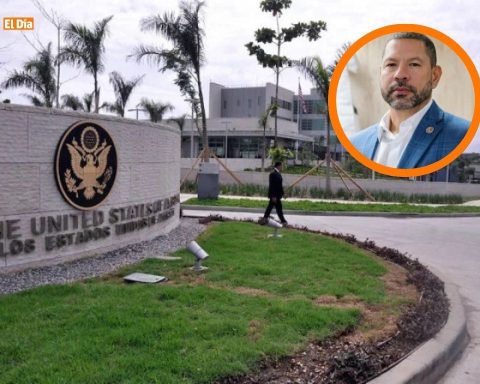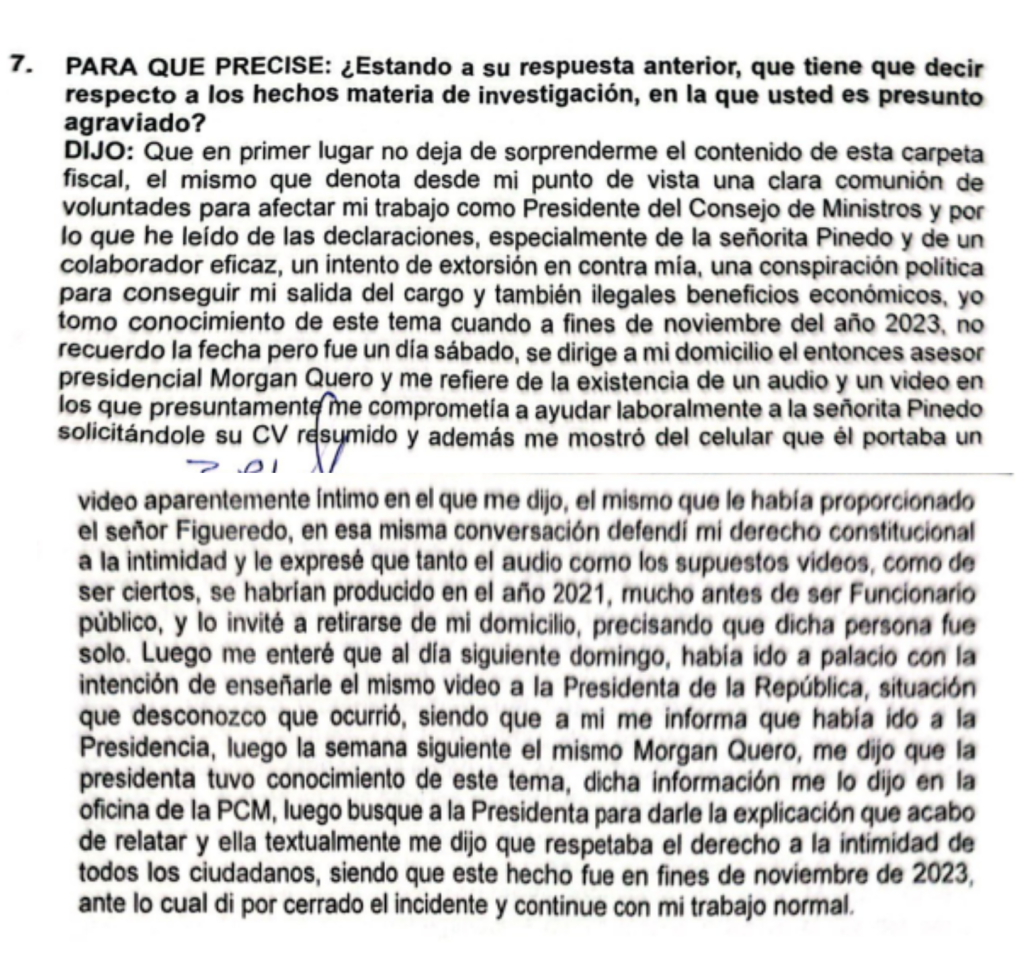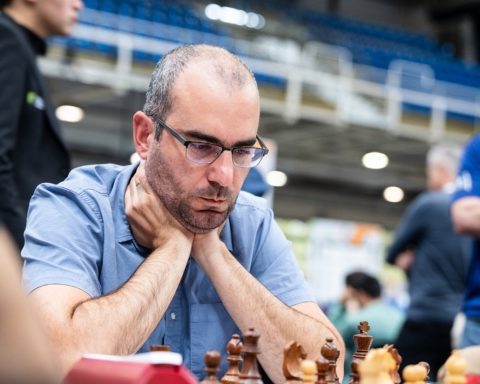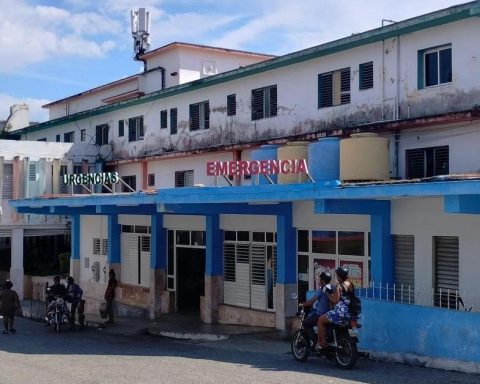Recently, several videos have been circulating in the country in which people call on citizens to protect themselves from HIV/AIDS.
These messages claim that those who are infected may wish to infect others. However, the best way to prevent this disease is still fidelity and keeping a single partner, which is a valuable sign of love towards the person to whom you have pledged your loyalty.
Still, here are some additional tips to take care of your health:
Use of condoms: Use latex or polyurethane condoms for all sexual intercourse. This significantly reduces the risk of transmission.
Regular testing: Get tested for HIV and other sexually transmitted infections (STIs) regularly, especially if you have multiple sexual partners.
Pre-exposure prophylaxis (PrEP): Consider talking to a health care provider about PrEP if you are at high risk for HIV. This medication can significantly reduce your chances of infection.
Avoid sharing needles: Do not share needles or other equipment for injecting drugs. Always use sterile material.
Limit the number of sexual partners: Have sex with a limited number of partners and consider monogamy if possible.
Knowing your partner’s HIV status: Talk openly with your sexual partners about their HIV status and testing history.
Education and awareness: Learn about HIV/AIDS, its modes of transmission and how to prevent it. Education is key to reducing risk.
Care during pregnancy: If you are pregnant or planning to become pregnant, talk to a health care professional about how to reduce the risk of transmitting HIV to your baby.
Medical consultation: If you think you may have been exposed to HIV, seek medical attention immediately. Post-exposure prevention (PEP) therapy can be effective if started within 72 hours of exposure.
Remember that prevention is essential to protect yourself and others.
You might be interested in:Vice President Raquel Peña delivers 50 eco-homes with the director of Propeep

















